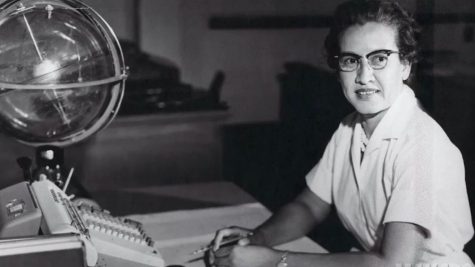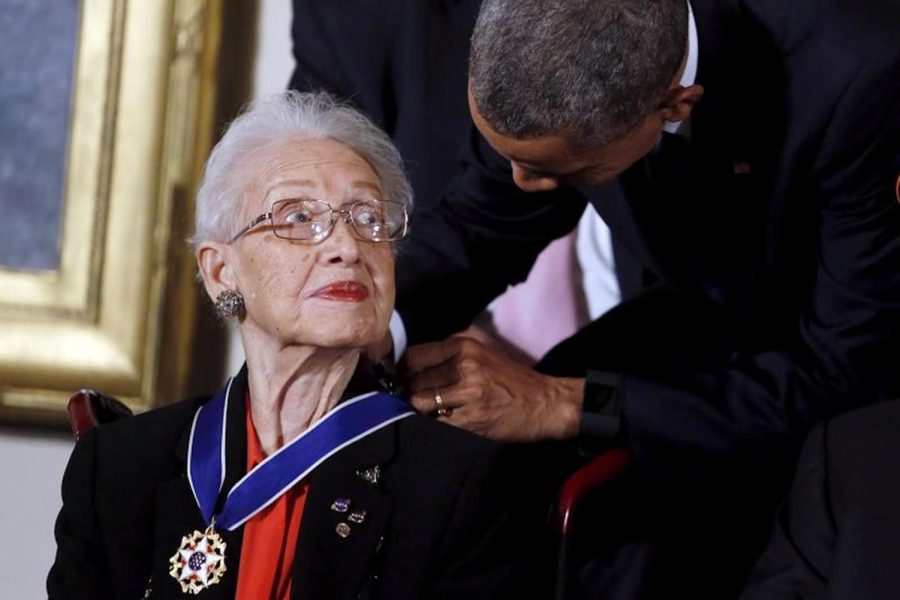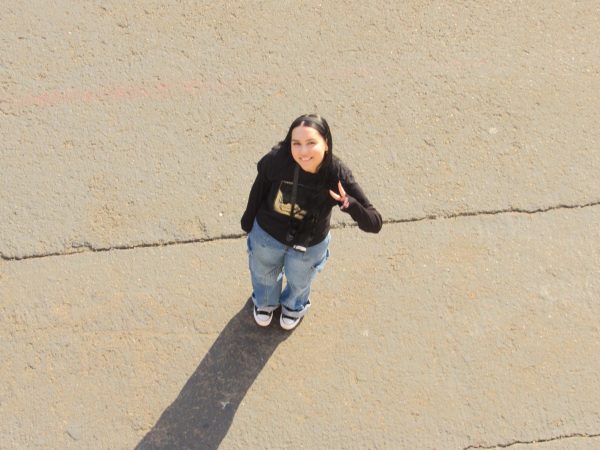Katherine Johnson
In honor of Black History Month, every school day The Cardinal will feature a prominent and historical Black American, living or dead, who has worked toward change, advancement, and/or world peace. Some of them are heroes, and some are unsung heroes, who deserve recognition, and have made a contribution to society.
February 3, 2023
There are many prominent figures in black history that have strongly impacted the world in their own ways, One of them being Katherine Johnson.
Johnson born as Creola Katherine Coleman, and in White Sulphur Springs, West Virginia. She was the youngest of four children and her mother was a teacher. During her early years, she showed signs of talent in math. Unfortunately, her county refused to offer public schooling to African-Americans past the 8th grade. Katherine didn’t let that stop her though, and attended a high school in West Virginia, which was on the campus of West Virginia State College.

In college, she took every mathematics course offered and took it very seriously. She graduated in 1937 and decided to start teaching at public school for black students, just to then quit and enroll in a math program for graduates. After getting married however, she decided to focus on family life and dropped out of the program. Through a professor, she became the first woman, and one of three African-Americans to attend the white-only graduate school at West Virginia University.
Career-wise, she decided to become a research mathematician, which was an incredibly difficult field to get into for not on black people, but women as well. Throughout her career, Katherine was assertive, and ignored racial and gender boundaries in the workplace. While working, her and other black staff were forced to eat, work, in separate rooms from their white co-workers. In an interview she stated that while working at NASA, she was so focused on work, that she didn’t notice the segregation around her, she only knew it was there. “I did not feel any segregation. I knew it was there, but I didn’t feel it” she stated. Katherine’s calculations were critical for the success of some of the first U.S space flights and the eradication of segregation.


